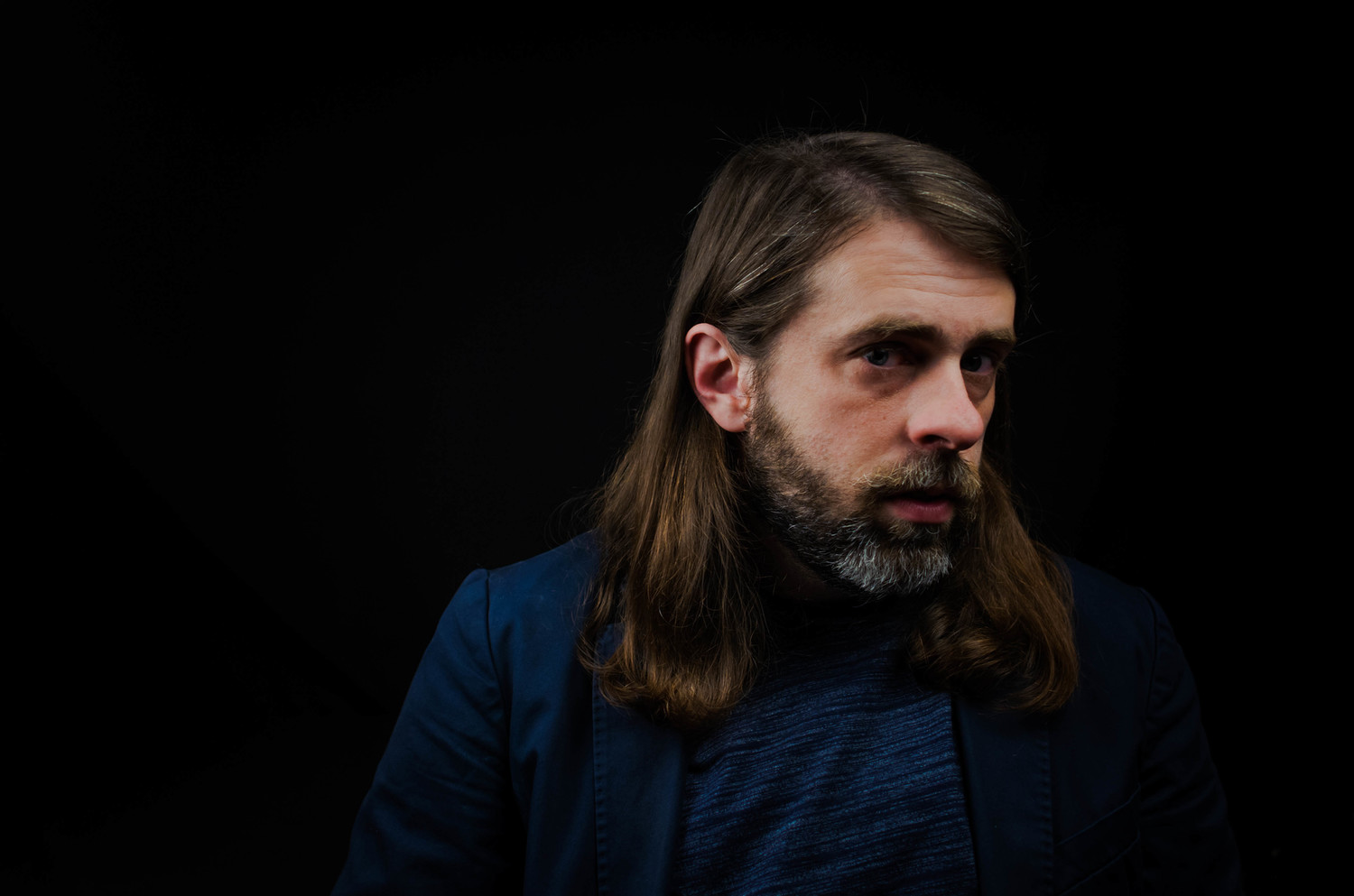
The Paper-Thin Life
Ask me where I live and my response shifts with degrees of familiarity.
Opening on a tight shot then zooming out, I might say: The white, pre-World War II house with green shutters. At the corner where two streets meet. In the First Ward. The center of a college town. Directly between St. Louis and Kansas City. Middle America.
Ask where I feel at home and the answer changes still. My home sits on a foundation of definitions, propositions, and borrowed phrases. Words rest sturdy as anchors; sentences compose a frame. Like crossbeams, creative conclusions bring internal stability and beauty.
Stepping back to admire what I make—and what I’ve made of myself—I clearly prefer a life on paper to a life among people.
“Paper,” of course, is a proxy for any space where parts of speech create a whole wide world, where a way with words qualifies as the way. It’s a true blank page, the digital cosmos, the mass of connections I call my brain.
Reading delivers deep pleasure to my life; writing offers purpose. On paper, whether in my words or another’s, I discover language for the depths. I sense my place among all living things, and all the things that once lived.
Yet the more I write, the more I fear disconnect between word and deed, between intention and the nature of my incarnation. The slippage comes quick, often with little warning. Words prefer to keep each other company. Unchecked, they wall themselves off, rarely going outside to look others in the eye.
I envision how easily it can happen, and how deep the damage cuts. I talk a good game about justice. Yet when I remain outside my neighbors’ stories and sorrows, I take stands on soapboxes of my own making, in spaces where I pay little to no cost.
I compose well-meaning manifestos about fatherhood. Some see the light of day; others claim space inside. But if the ideas have no feet, I wind up parenting a child who only exists on paper, not the child in front of me.
I pen romantic prose, words like arrows pointing to my great love for my wife. Readers may “ooh” and “ahh.” But if the words never make it from my brain to my bloodstream, they land hard and hollow in marriage’s frustrating moments and fallow seasons.
To paraphrase one of my favorite writers: if I compose with the pen of authors and angels, but have not love, I am a pretty pile of nouns and adjectives, missing its verbs.
The space we leave between our words creates dissonance in our communities. We conduct so much of our politics on paper, adding punctuation marks to positions before hearing as much as a word from the interested, engaged, or affected. We become ideologues without ivory towers, as much or more removed from lived reality as anyone.
Ideas which sound good on paper often fail to do good in real life. Voter ID laws make superficial sense when recited out loud. Study a single paragraph of American history, and you learn all they prevent is the poor, the elderly, and people of color from representing themselves. As a social aim, color-blindness sounds desirable, noble even. Yet it never delivers on its promises, erasing the beauty God makes and blinding us to the rich depth and detail that make other lives infinitely fascinating.
Often I repeat a creed borrowed from author Teju Cole: “Writing as writing. Writing as rioting. Writing as righting. On the best days, all three.” I believe those words, and what they stand for, with the same heart, soul, and mind I use to love the Lord my God.
Words order the chaos of our communication. They make meaning where only mist and misunderstanding exist. They are political and personal. At their most powerful, words create new realities—and transform existing ones—as we mimic a God who spoke the world into being.
Writers—perhaps more than others—must seek, must fight even, to bring our interior and communal lives into harmony. This is what it means to truly love words, to invest them with full potential. Words must move in a circle of mutuality—informing our lives, propelling us to live, and drawing us back to write more words of even greater resonance.
At a recent workshop, Christina Edmondson said Christians forfeit the right to intercede for their neighbors once they lose the ability to relate to their neighbors. Living only on paper, we surrender the ability to love our neighbors as ourselves—and the parts of us only our neighbors can draw out.
God loves words. He invented every language. He left us his words to read and scrawled them on our hearts in his unmistakable hand. Alive and active, God’s words jump off the page. They became flesh and, as my pastor likes to say, moved into our neighborhood.
The words God gives us serve different purposes. Some stay within, soothing our souls. Others take shape on the tongue or page, living anew in the lives of people we love—and people we will never meet.
Others still, like guides, usher us into change and commitment, repentance and reparation, into physical and spiritual places we never would have pictured ourselves. They put on flesh. They move into the neighborhood.

Even now, I fear the ellipsis between the words I write tonight and the life I’ll live tomorrow. God, let the words I know breathe the life I want into being. I want a life thick like flesh, not thin like paper. Thick with people and their stories, with all the burdens and blessings that come along. Thick with contradictions, not thin with confidence. Thick with God’s presence, and the presence of others, greater and weightier than my thinner inner monologue.
Writing in the active voice shines. Living and loving in the active voice does too.

